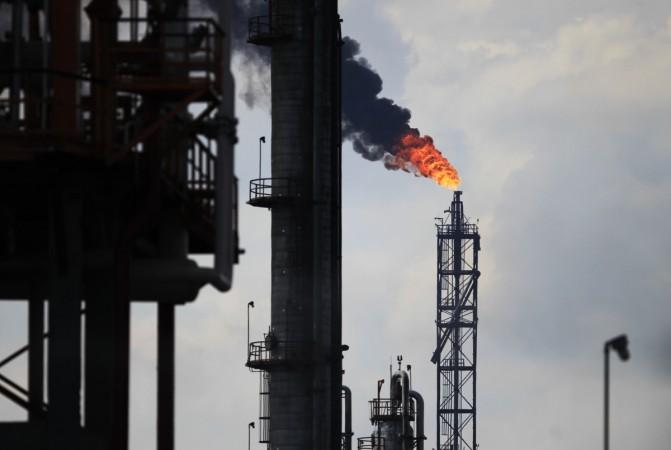
With the re-imposition of US sanctions on Iran, the US is pressurising India to cut oil imports from Iran to almost zero by November and this may hit India hard as it imports 80 per cent of oil from abroad, and is the second largest importer of Iranian oil after China.
Stopping import of Iranian oil will lead to a shortage of oil in the international market leading to an increase in crude oil price. This development is bound to negatively impact the Indian economy, the fastest growing in the world, as it will inflate the oil import bill and an added woe is the weakening rupee, which coupled with the account deficit will cause inflation to rise.
The sanctions were re-imposed on Iran after US President Donald Trump withdrew from the 2015 agreement under which Iran gave up its alleged nuclear weapons programme in return for the lifting of sanctions.
India says it only recognises United Nations sanctions and not unilateral ones but indications are that the government, under pressure from the US to cut all trade links with Iran, has asked oil importing companies and refineries to be prepared for reduction or complete stoppage of oil imports from Iran.
During the previous sanctions, India was one of the few nations which continued importing Iranian oil but at reduced levels as US and European sanctions choked insurance and banking channels.
India has always tried to maintain its long-running ties with the Iranian regime, even during the 2010-13 period when the sanctions became harsher. The Iranians have reciprocated by agreeing to accept payment in rupees for the oil sale to India.
To get exemptions from sanctions, India reduced oil imports from Iran in the 2011-15 period though it came at the cost of development.
After sanctions on Iran were lifted in May 2016 oil imports were back to the pre-2012 levels and India transferred $6.5 billion in payments to Iran which were held because of the sanctions.
However, this time around, the unilateral imposition of sanctions by the Trump-led administration hasn't found favour with Russia, China, the European Union and India and no one is clear what to expect.
There are mixed signals emanating from the US. The State Department wants a complete halt to imports from November onwards, but US ambassador to the UN Nikki Haley while meeting Indian Prime Minister Narendra Modi recently asked him to reduce oil import from Iran.
Meanwhile, oil imports from Iran declined by 16 per cent in June compared to May. In June, 592,800 barrels per day (bpd) were imported compared to the May figure of 705,200 bpd.
Fearing US sanctions, Reliance Industries Limited and Nayara Energy have decided to halt oil imports from Iran.
Where will India get its oil from?
The organisation of petroleum exporting countries (OPEC), a group of 12 top oil exporters of the world, will raise oil output by 1 million barrels per day from July onwards to meet any shortfall in absence of Iranian crude oil from the market.
Saudi Arabia, which has the largest oil reserves in the world, is reportedly planning to pump up a record 11 million barrels per day this month.
According to sources, India can easily find a replacement for imports from Iran by buying oil from Saudi Arabia, Iraq or Kuwait but at a higher price.
Some analysts say India might continue importing from Iran because major powers like Russia and China are not in favour of stopping crude oil supply from Iran.

















